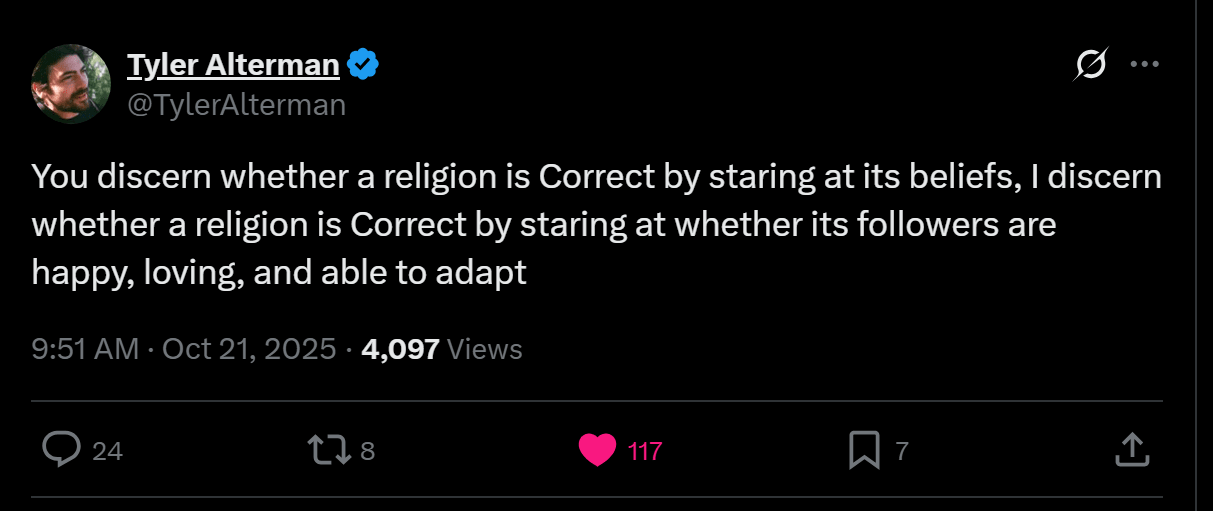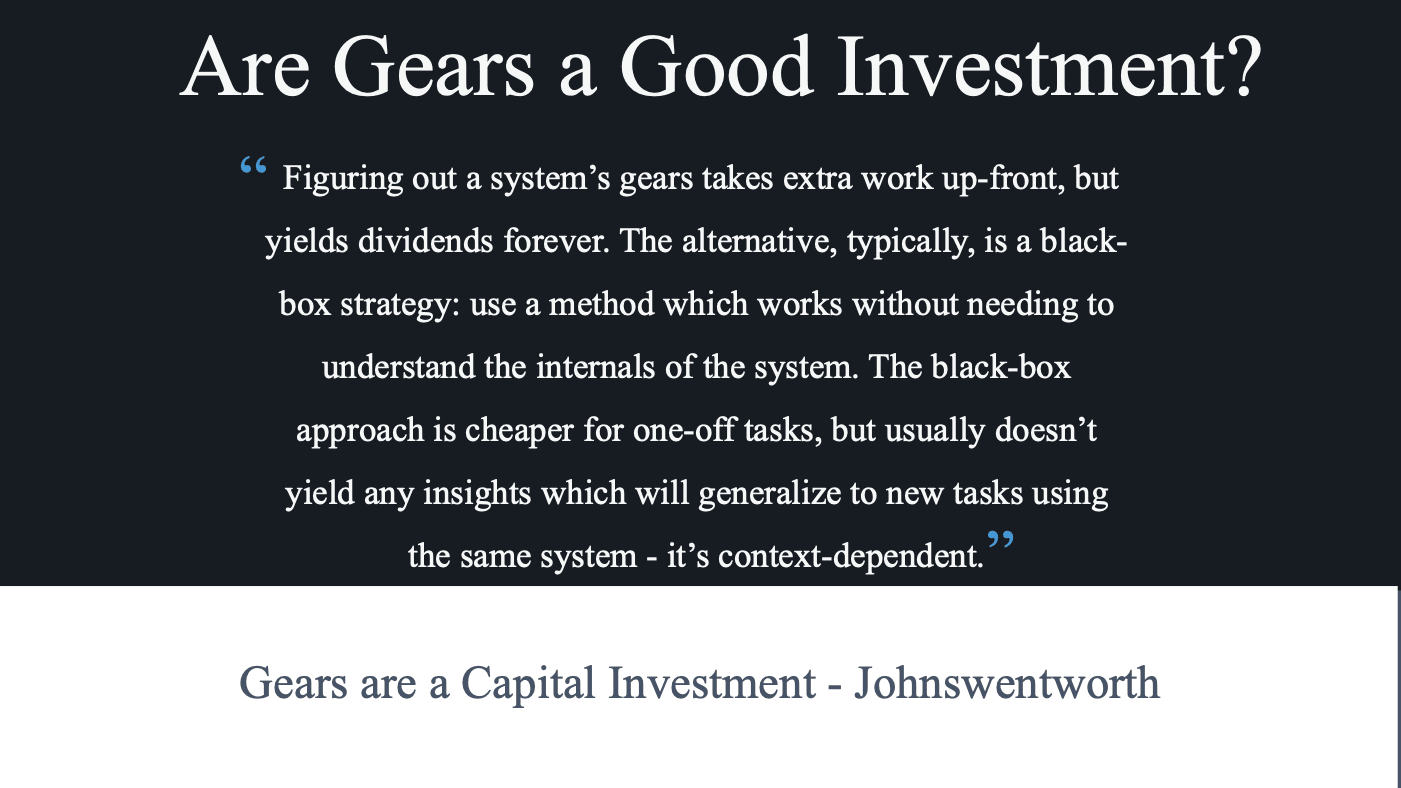The 3 Books Technique for Learning a New Skilll
When I'm learning a new skill, there's a technique I often use to quickly gain the basics of the new skill without getting drowned in the plethora of resources that exist. I've found that just 3 resources that cover the skill from 3 separate viewpoints(along with either daily practice or a project) is enough to quickly get all the pieces I need to learn the new skill. I'm partial to books, so I've called this The 3 Books Technique, but feel free to substitute books for courses, mentors, or videos as needed. The "What" Book The "What" book is used as reference material. It should be a thorough resource that gives you a broad overview of your skill. If you run into a novel situation, you should be able to go to this book and get the information you need. It covers the "surface" section of the learning model from nature pictured above. Positive reviews of this book should contain phrases like "Thorough" and "Got me out of a pinch more than once." Negative reviews of this book should talk about "overwhelming" and "didn't know where to start." The "How" Book The "How" Book explains the step-by-step, nuts and bolts of how to put the skill into practice. It often contains processes, tools, and steps. It covers the "deep" part of the learning model covered above. Positive reviews of this book should talk about "Well structured" and "Clearly thought out." Negative reviews should mention it being "too rote" or "not enough theory." The "Why" Book The "WHY" book explains the mindset and intuitions behind the skill. It tries to get into the authors head and lets you understand what to do in novel situations. It should cover the "transfer" part of the learning model above. Positive reviews of this book should talk about "gaining intuitions" or "really understanding". Negative reviews should contain phrases like "not practical" or "still don't know what steps to take." The Project or Practice Once I have these 3 resources, I'll choose a single project or a daily pract



I role to disbelieve here. He just made conquest on a wim without an ideological belief that conqiest was good?